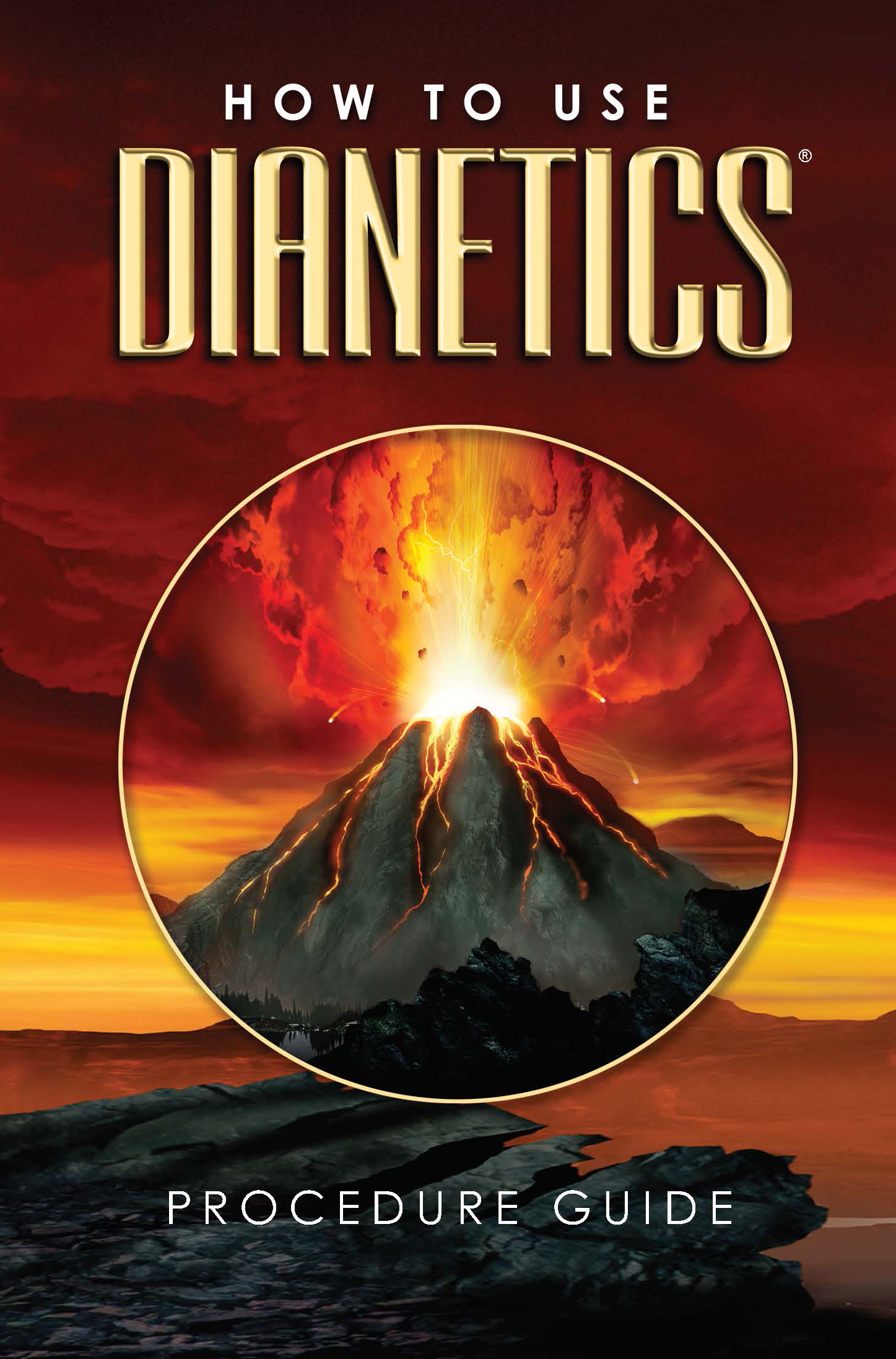Excitement About Dianetics
Wiki Article
9 Easy Facts About Dianetics Shown
Table of ContentsDianetics for BeginnersThe Only Guide for DianeticsDianetics for BeginnersThe Greatest Guide To Dianetics
I couldn't ever not wish to obtain anything that enters your mind for you- if it was otherwise, I would not be resting below with you, doing this. I not just could never ever have an issue, or not desire to hear something that enters your mind for you, however I'm entirely excited to understand every idea, every thought, every photo or sensation that arises or shows up for you- do not ever before think otherwise, and if for some reason you do, please simply allow me understand! In some cases, you may have an idea, and picture, concept or occurrence pop up that does not appear to answer the concern, or connect to it, but nonetheless, always do inform me regarding it, and as we continue, the significance will emerge for you.This is fundamental in the basis of handling, and the subject of this conversation: the basic duties of the therapist and the client: The standard role of the therapist is, unlike "typical training", not to manage, which means to implement and/or inhibit, yet to rather function from the basis of EMPOWERING THE CLIENT.

What Does Dianetics Mean?
John Mcmasters revealed this fundamental fact incredibly well in one of his talks on Power processing, where he clarifies how he was asked what this "unique flair" was that he had for giving such wonderful sessions; he had to think of that for a moment, and identified that it was what he wasn't doing, along with what he was doing: he wasn't evaluating, evaluating, computer, or actually, producing any type of ideas, allow alone spoken expressions, after offering the command and while awaiting the computer to complete their solution to their satisfaction; he was, merely and just, existing with the PC, and entirely interested.The role of the counselor, showed; that was his "special flair". I have actually had my very own experience which educated me this well, really beforehand in the game. In 1982, having lately finished my training and internship on New Era Dianetics, I was running this on a click for source PC, and there was a factor in the session where (being a little bit wet behind the ears not yet having numerous hours under my belt as a specialist auditor) the PC seemed to be "taking also lengthy" to express anything vocally after I offered him a command.
This key became one of the most useful payment that John ever made to the topic of therapy or bookkeeping (Dianetics). In my modest viewpoint, it is the biggest contribution that anyone has actually ever before made to these subjectsthe application is totally non-judgemental, non-evaluative, and lacking any kind of tip, guidance or opinion.no preconceived schedule for people, or 'levels' that they have to do
In Idenics, the only resource of info regarding a client is the specific client. In Scientology we prided ourselves on not assessing for people. All that truly implied was that the auditor did not VERBALLY review for the PC in session. The registrars and ethics police officers assessed for the PC.
The smart Trick of Dianetics That Nobody is Talking About

Any person who had actually ever before seen John audit could not assist yet observe a distinct top quality in his bookkeeping."The client's fundamental role is to be there with the function of relocating the direction of their spiritual goals, and to openly and fully express and experience whatever materializes for them in responding to the inquiries and implementing the guidelines in the handling.
This is something to procedure as needed. But additionally, people regularly have previous experience and/or brainwashing in auditing/processing which, somehow, and to some extent, really misinforms them into perspectives, ideas Get More Info and actions patterns that protect against the full awareness of these roles, and so they will certainly often tend to inhibit the expressing of what comes to mind, as in the examples provided over. * The first, and possibly primary examples of mis-indoctrination resulting in less than totally smooth and efficient sessions, can be discovered Click Here in specific elements of the training routines, or "TR's":"TR's" are commonly an individual's very first, or a minimum of early, experience in Scientology, and while I will certainly go on to discuss what I see as the problems in idea and method, however, have a tendency to be substantially therapeutic, done as they are given (Hubbard urges that "TR's are not refining, they are educating", however factually, they are both processing AND training)
There is no "flunking", and no denial of the reality of this being handling. The focus, as it ought to be, is on experiencing the other person's presence.
Some Known Details About Dianetics

Report this wiki page